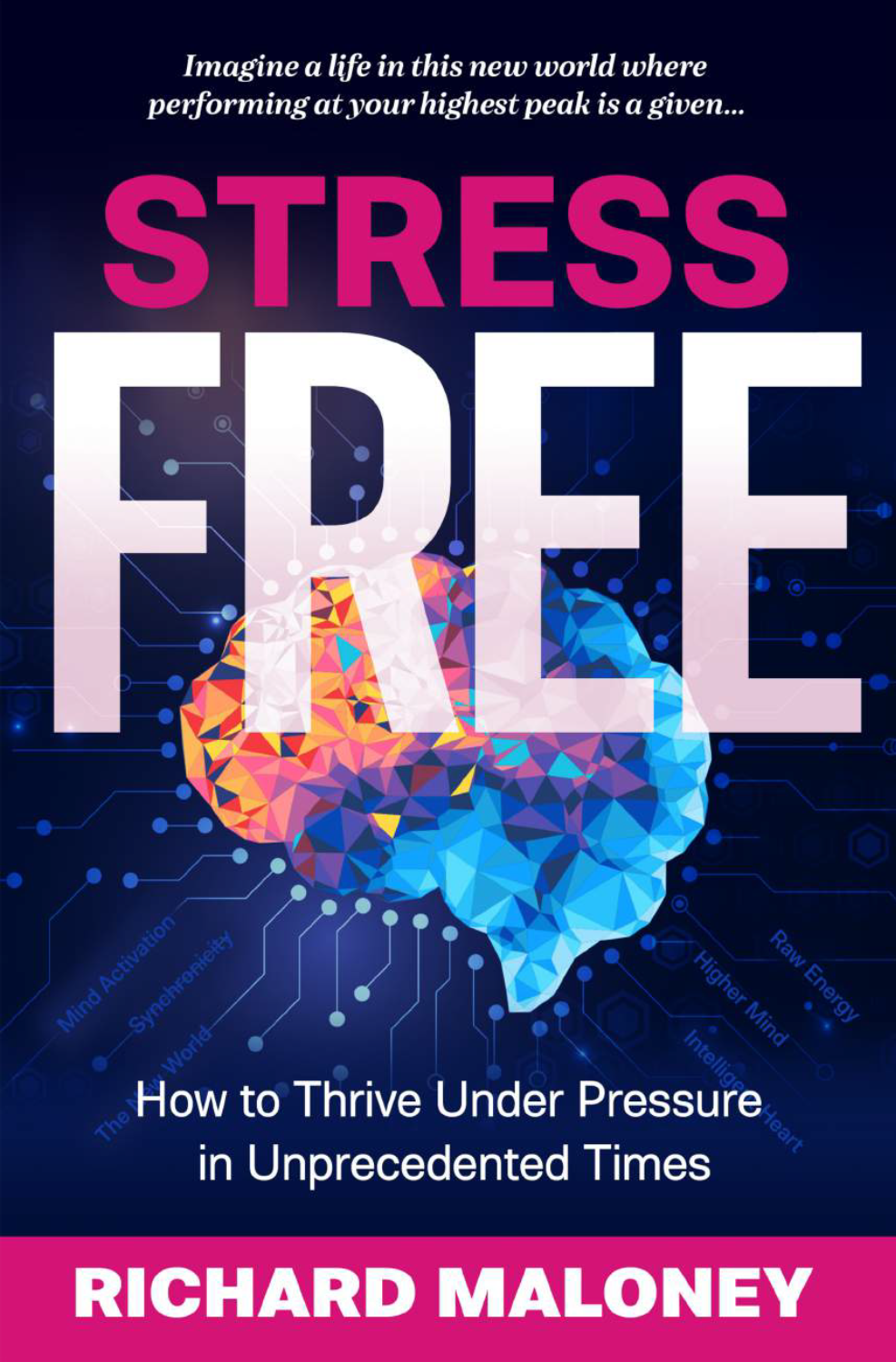At a glance
- Having a work-life balance is quintessential to maintaining a life of well-being. It means the knowledge of how to manage time, prioritise tasks, and maintain healthy boundaries.
- The benefits of living a balanced life are not just restricted to having more time to explore hobbies. It also ensures that you can make an effort to create better relationships and contribute more towards your loved ones’ mental health.
- Effective time management, building habits of self-care, setting boundaries, and being able to communicate them are all some great strategies to create a work-life balance.
Work-life balance is a crucial aspect of leading a fulfilling and rewarding life. It involves effectively managing and allocating time and energy between personal and professional commitments. In today’s fast-paced world, achieving a work-life balance can be challenging, but with the right strategies and mindset, it is possible to create harmony and satisfaction in both domains. This article explores the definition and importance of work-life balance, provides expert tips for achieving it, discusses the benefits of maintaining balance, and addresses the challenges that may arise.
What does it mean to have a Work-Life Balance?
Work-life balance refers to the equilibrium between an individual’s personal life and work responsibilities. It encompasses managing time, energy, and focus in a way that allows you to fulfil your personal goals, enjoy quality time with loved ones, and excel in your professional endeavours. It is not about equal division but rather finding a harmonious integration that supports overall well-being.
Importance of Work-Life Balance
Attaining a work-life balance is essential for several reasons:
Health and Well-being
Maintaining a balance between work and personal life contributes to improved physical and mental health. It reduces stress, lowers the risk of burnout, and enhances overall well-being.
Fulfilment and Happiness
Balancing personal and professional pursuits enables you to lead more satisfying lives. It allows you to pursue your passions, spend time with loved ones, and achieve a sense of fulfilment beyond your career.
Relationships
Work-life balance positively impacts relationships with family, friends, and significant others. It provides the opportunity to invest time and effort into building and nurturing meaningful connections.
Productivity and Success
When you have a healthy work-life balance, you are more focused, motivated, and productive. This leads to greater success in their professional endeavours and overall career growth.
Strategies for Achieving Work-Life Balance
Setting Priorities
Identify your core values and what matters most to you in both your personal and professional life. By aligning your actions and goals with these priorities, you can make conscious choices that support work-life balance.
Identifying Personal and Professional Goals
Set clear and realistic goals for your personal life and career. Define what success means to you in each area and work towards achieving those goals while keeping the bigger picture in mind.
Prioritising Tasks and Responsibilities
Regularly assess and prioritise your tasks and responsibilities based on their importance and urgency. Delegate or eliminate non-essential tasks whenever possible, focusing your time and energy on high-priority activities.
Time Management
Effective time management is crucial for work-life balance. The following strategies may help you better manage your time:
Creating a Schedule
Plan your days and weeks, allocating specific time blocks for work, personal activities, and leisure. Use productivity tools, calendars, or apps to help you stay organised and on track.
Limiting Distractions
Minimise distractions during work hours by turning off notifications, setting boundaries with colleagues, and creating a dedicated workspace. This allows you to focus and accomplish tasks more efficiently, leaving more time for personal activities.
Self-Care
Taking care of yourself is fundamental for achieving work-life balance. Consider the following practices:
Taking Breaks
Schedule regular breaks throughout the day to recharge and rejuvenate. Use this time to relax, engage in physical activity, or pursue hobbies.
Engaging in Hobbies and Leisure Activities
Dedicate time to activities that bring you joy and relaxation. Whether it’s reading, painting, playing sports, or spending time in nature, engaging in hobbies helps maintain a healthy work-life balance.
Communication and Boundaries
Open and effective communication is vital for achieving work-life balance. Consider the
following approaches:
Communicating with Colleagues and Loved Ones
Clearly communicate your availability, boundaries, and expectations to colleagues and loved ones. Encourage open conversations about workload, deadlines, and personal commitments to foster understanding and cooperation.
Setting Boundaries and Expectations
Establish boundaries between work and personal life by defining specific times for each and sticking to them as much as possible. Avoid overcommitting and learn to say no when necessary to protect your personal time. Work with a life coach if need be to help you set healthy boundaries surrounding work and personal priorities.
Benefits of Achieving Work-Life Balance
Improved Mental Health
Work-life balance reduces stress, lowers the risk of anxiety and depression, and enhances overall mental well-being. It allows you to recharge and maintain a positive mindset.
Increased Productivity
When you have a balanced approach to work and life, you are more focused, motivated, and efficient. This leads to increased productivity and higher-quality work.
Enhanced Relationships
A healthy work-life balance enables you to invest time and energy in your relationships, fostering deeper connections and building stronger bonds with loved ones.
Better Physical Health
Prioritising personal well-being alongside work commitments leads to improved physical health. Regular exercise, healthy eating, and sufficient rest contribute to higher energy levels and overall vitality.
Challenges of Maintaining Work-Life Balance
Unexpected Events and Emergencies
Unforeseen circumstances and emergencies can disrupt the work-life balance. Flexibility, adaptability, and effective problem-solving skills are essential in managing such situations.
Burnout and Stress
A lack of work-life balance can lead to burnout, chronic stress, and decreased overall well-being. It is crucial to recognise the signs of burnout and take proactive steps to address it.
Shifting Priorities and Goals
Priorities and goals evolve over time, both personally and professionally. Regularly reassess your aspirations, adjusting your approach and strategies accordingly to maintain balance.
Achieving work-life balance is an ongoing process that requires conscious effort and self-awareness. By setting priorities, managing time effectively, engaging in self-care, and establishing boundaries, you can create a fulfilling and harmonious integration of your `personal and professional lives. Prioritising work-life balance not only benefits mental and physical health but also enhances productivity, relationships, and overall happiness. By working with a life coach in Australia, you can take meaningful steps towards achieving work-life balance and enjoying a more fulfilling life experience.

























